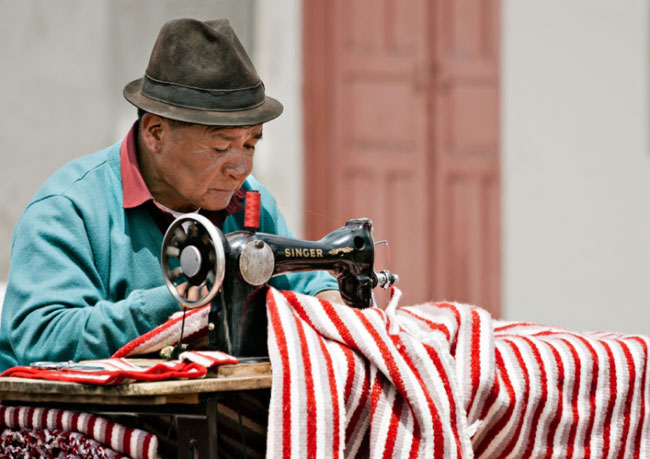
Free trade agreements would economically benefit the nation of Ecuador, believe 54.1 percent of its citizens to a medium-high or high degree.
In a new study by the Latin American Opinion Project (LAPOP) at Vanderbilt University, 21.8 percent of those polled have a high belief that free trade agreements are beneficial to Ecuador; 32.3 percent medium-high; and 28.3 percent medium. Seventeen-point-six percent have a low or medium-low belief that a free trade agreement would help the economy of Ecuador.
During LAPOP’s AmericasBarometer survey in Ecuador, a representative sample of 1,512 Ecuadorians was asked whether free trade agreements in general, and specifically with the rest of Latin American and the Caribbean, Europe, the United States and China, would benefit Ecuador’s economy. A high percentage (64 percent) view free trade agreements with Latin American counties as positive, with those numbers going down for Europe (57 percent), China (55 percent) and the United States (50 percent).
“It may be that free trade agreements are symbols of cooperation among countries, and Ecuadorians could be more willing to cooperate with those with whom they identify – for example citizens of other countries of the region, or Spain in the European Union,” writes Daniel Montalvo, LAPOP program manager, in the AmericasBarometer Insights paper No. 116 (click here for Spanish version). “Citizens may be slightly more reluctant to cooperate with countries like the United States or China because they do not identify as strongly with those countries.”
Another explanation could be that Ecuadorians believe they would get a fairer deal from a Latin American country than the United States, Montalvo said.
The government of Ecuador implemented a temporary tariff system on 32 percent of its imports on March 11 for 15 months. On the other hand, it signed a multi-party trade agreement in December 2014 to boost and diversify trade on products ranging from fishing to agriculture that goes into effect in 2016.
“In times when decisions over Ecuador’s foreign trade policy are very active, whether to promote a trade agreement with the European Union or to implement safeguards to around 2,800 imported products, it is important to study the public’s assessment of the impact of FTAs on the country’s economy,” Montalvo said.
People who identify on the right of the ideological scale are more open to free trade agreements than those on the left. There was no relationship between support for free trade and levels of wealth or education.
People living in less populated cities are more likely to approve of free trade agreements than those living in large cities.
“This could be because many of these people are engaged in commercial activities and agriculture that could benefit by increasing the access of their products to international markets,” Montalvo said.
LAPOP develops, implements and analyzes the AmericasBarometer public opinion surveys. Since the 1970s, LAPOP has gathered a treasure trove of opinion data containing political perspectives from Latin American and Caribbean citizens. LAPOP data and reports are available to interested researchers at the LAPOP website.